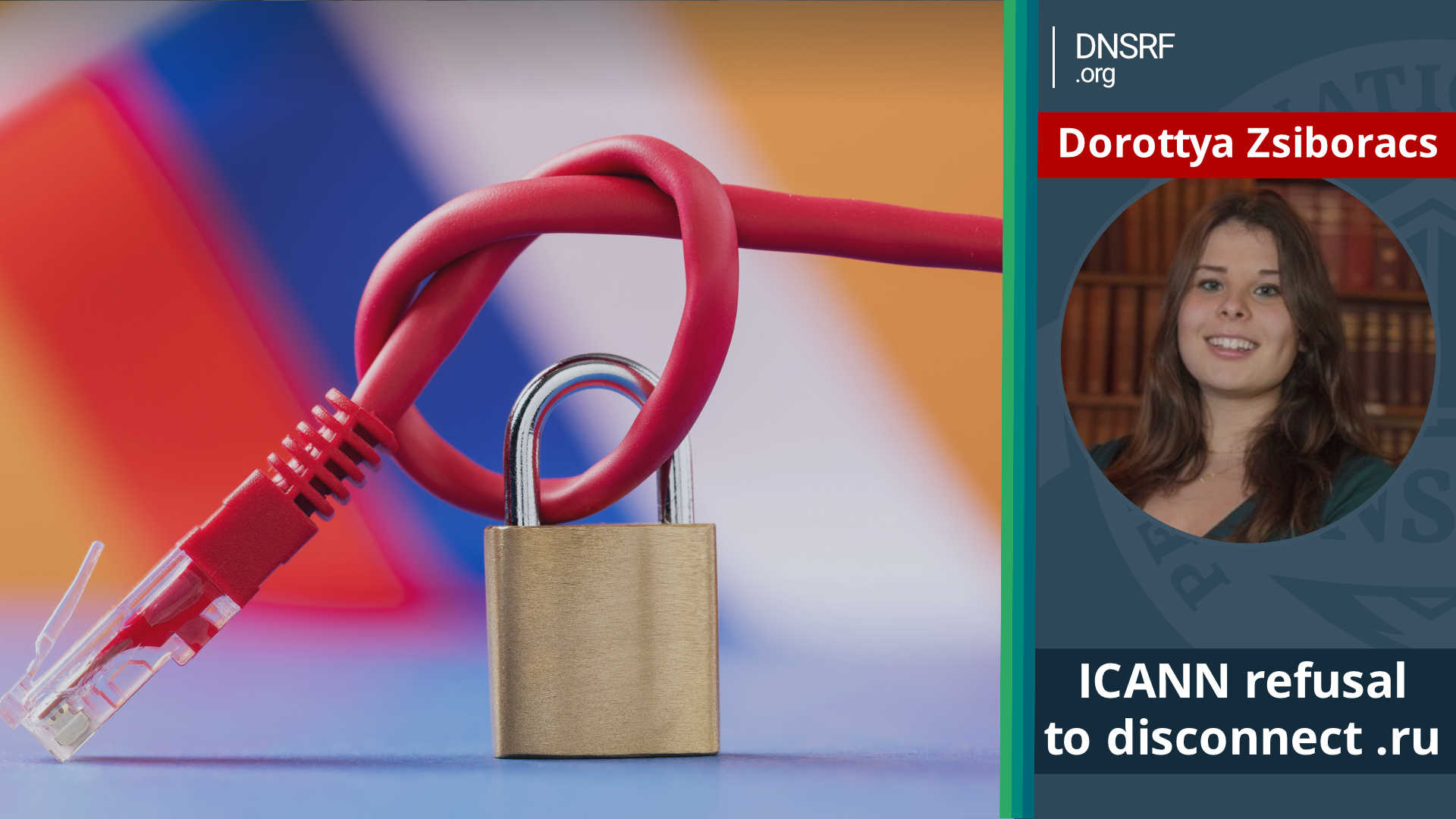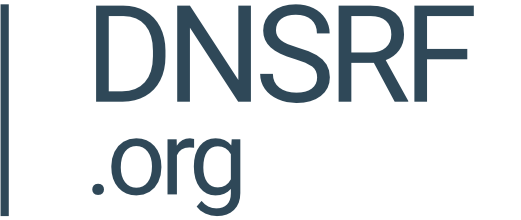Reflecting on the Internet community's response to the Ukraine invasion two years on: ICANN's refusal to disconnect Russia from the global Internet was the right decision made at a difficult time

It has been two years since Russia invaded Ukraine and brought war into Europe for the first time in decades.
As well as being a test of European governments’ resolve, in the digital era, the invasion was also a test for the Internet community when it was asked to act against the aggressor, and effectively cut Russia off from the global internet.
The internet community refused to do so, against the prevailing mood of the time. This post recalls what happened and why and concludes that that was the right course of action and should serve as a lesson for the future.
The primary points presented emphasise that in the face of disruptive global events, it is essential to prioritise the established multi-stakeholder governance of Internet infrastructure. Avoiding unilateral actions becomes crucial in preserving trust and maintaining the integrity of the Internet.
What Happened
On 24 February 2022, Russia invaded Ukraine, escalating a conflict that had started in 2014. It became the largest attack on a European country since the Second World War. An attempt to seize immediate control of the capital Kyiv was thwarted but the full-scale invasion to the East of the Ukraine resulted in Russia occupying roughly 20 per cent of the country within a few months.
Less than a week into the invasion, on February 28, 2022, the Representative of Ukraine within the Governmental Advisory Committee (GAC) of DNS overseer GAC ICANN, Andrii Nabok, and Ukraine's Deputy Prime Minister and Minister of Digital Transformation, Mykhailo Fedorov, contacted ICANN’s then CEO and President, Göran Marby and asked him to impose “strict sanctions against the Russian Federation in the field of DNS regulation.”
The official request asked ICANN to revoke Russia's country code top-level domains (ccTLDs) – .ru, .рф, and .su – from the DNS root zone, as well as invalidate TLS/SSL certificates within those domains. The Government of Ukraine also called for the shutdown of DNS root servers operating within Russia.
The Ukrainian government also submitted a separate request to RIPE NCC, the regional Internet registry responsible for Europe, the Middle East, and parts of Central Asia. In that request, it sought the withdrawal of Russia's Local Internet Registries' (LIR) rights to use their assigned IPv4 and IPv6 addresses and the blocking of their DNS root servers.
ICANN and RIPE NCC unequivocally declined Ukraine's requests. The President of ICANN explained his decision in a letter, stating: “Within our mission, we maintain neutrality and act in support of the global Internet. Our mission does not extend to taking punitive actions, issuing sanctions, or restricting access against segments of the Internet – regardless of the provocations.”
RIPE NCC’s Executive Board reached a similar position and explained in its response that "the means to communicate should not be affected by domestic political disputes, international conflicts or war. “This guarantees equal treatment for all those responsible for providing Internet services.”
What was the atmosphere at the time?
The prevailing general sentiment, particularly in the initial days of the war, was one of condemnation surrounding the unlawful Russian invasion. Organisations such as CENTR, which is typically apolitical, suspended Russia's membership. At the same time, walkouts occurred at a UN telecoms conference (WTSA), and restrictions were imposed on the physical attendance of Russian delegates, requiring them to participate remotely from their hotel rooms. The atmosphere during this period was marked by palpable tension. Against this backdrop, ICANN's actions—or lack thereof—assume heightened significance.
When ICANN and RIPE NCC received the official requests from Ukraine’s government, there were some that supported taking drastic measures against Russia. Others within the Internet community were concerned about how the organisations would react, fearing that mishandling of the demand could have a damaging impact on the broader multistakeholder model of Internet governance. In the end, ICANN issued a swift and firm decision that has proved to be judicious.
It is noteworthy that their decisions ran counter to the prevailing sentiments of the time and demonstrating a degree of courage that is seldom attributed to them. It is important to note that ICANN’s response fitted well with its Affirmation of Commitments, which emphasises serving the global public interest in the management of the worldwide Internet infrastructure.
What would have happened if Ukraine's requests had been agreed to?
Ukraine requested that ICANN revoke Russian web domains such as “.RU,” “.SU,” and “.рф.” This could have been achieved through redelegation or removal of these domains from the DNS Root Zone Database. Users attempting to access services or search results associated with these domains would have experienced failures in resolving, potentially causing ambiguity in the Common Global Identifiers within the DNS system. Moreover, this would have resulted in websites with Russian ccTLDs facing closure irrespective of political alignment, posing a threat to human rights such as freedom of expression, particularly for independent media and civil society organisations. The right to information, particularly for individuals within Russia seeking reliable updates on the war, would have also been jeopardised.
Another approach requested was the revocation of TLS/SSL certificates for Russian domains. TLS/SSL certificates are crucial for securing internet connections by encrypting data between a user's browser, the visited website, and the website server. Disregarding these certificates on Russian domains would have led to the inability to establish secure connections. Users would have encountered a "Not secure" message in their browser address bar, eroding digital trust. In most instances, websites may have been blocked automatically; however, users could bypass such restrictions by overriding browser settings. This could have led to unsafe internet usage, potentially resulting in a higher incidence of website impersonation and communication eavesdropping. Alternatively, Russian-based certificate authorities could have been withdrawn from the list of trusted CAs.
Another measure sought by Ukraine was shutting down root servers in Russia. Root servers consist of networks with multiple servers that handle DNS queries, called anycast nodes hosted, also hosted in Russia. The local root servers use their own copies of the Root Zone Database to provide faster responses to devices in close proximity. Removing Russian local root servers could have resulted in slower connections, as queries would have needed to travel greater distances to non-Russian networks.
Why was ICANN’s decision the right call?
The digital landscape has been pivotal in the ongoing war in Ukraine, contributing both negatively and positively to Ukraine's military endeavours in countering Russian aggression. On one hand, digital tools and platforms have been exploited by Russia to undermine Ukraine's interests by facilitating the dissemination of disinformation, leading to the polarisation of global opinions on supporting Ukraine. Conversely, it has also served Ukraine's interests by enabling the country to amplify its voice internationally, document war crimes committed by Russian forces, bolster intelligence efforts through Open-Source Intelligence (OSINT), and establish reliable military communications on the battlefield.
The internet was originally designed to be neutral, open and apolitical. Thus, ICANN and other internet bodies should resist any tendencies towards political fragmentation. Implementing punitive actions, such as sanctions or restrictions on access and internet connection, would undermine trust for all internet users. Accordingly, ICANN rejected the Ukrainian request, clarifying that it does not unilaterally disconnect domains and lacks the authority to impose sanctions on internet access or content as it operates under community policies and procedures.
Decisions made today about the Internet should be approached with a long-term perspective, as they set precedents for potentially dangerous actions by unilateral actors or countries seeking to control internet access in the future. Disrupting crucial communication and connectivity infrastructure, such as the Internet, could lead to additional negative consequences. Hence, upholding Internet neutrality will guarantee that all stakeholders, including Russia, persist in operating within the established mechanisms and institutions responsible for the connectivity and management of the Internet's infrastructure.
Threats of Internet fragmentation from across the world
On a global scale, there has been a notable increase in trends and initiatives favouring internet fragmentation, as seen in initiatives like China's New IP program and India's data sovereignty agenda. Russia has not remained aloof from these trends.
Russia’s Internet sovereignty law, implemented in April 2019, grants the government, notably Russia's federal censor, Roskomnadzor, increased authority over monitoring online browsing data and regulating the flow of information. It mandates internet service providers to install specialised equipment for tracking, filtering, and rerouting internet traffic. Subsequent to the enactment of this legislation, multiple tests were conducted to assess the functionality of the Russian Internet in isolation. A recent example occurred during Russia's DNSSEC outage on January 30, 2024, where discrepancies in digital signatures triggered a shutdown. These instances indicate Russia is inclined towards embracing a more independently regulated and fragmented internet structure. Therefore, to hinder the legitimization of these initiatives, it is essential to emphasise the significance of preserving a globally neutral Internet through multi-stakeholder management.
The decisions of ICANN hold significant importance for the future of the Internet, preventing the emergence of what is commonly referred to as the Splinternet. In other words, Internet fragmentation along political lines, which poses a threat to the core functioning of the Internet, with potential consequences that could be irreversible.
What we have to learn from this
Had ICANN's decision leaned in the opposite direction, the potential consequences could have jeopardised the legitimacy of ICANN's authority over the domain name space. While making the right call bolstered this legitimacy, the case also underscores the vulnerability of the model. It emphasises that the authority to fragment the root lies in the hands of a single board of directors, highlighting the fragility of the system.
In a broader context of geopolitical and internet governance implications, it becomes crucial to emphasise the significance of neutrality and the maintenance of global communications, especially during times of war and heightened geopolitical tensions.
As stated by the then ICANN president, “ICANN stands ready to continue to support Ukrainian and global Internet security, stability, and resiliency”. On the second anniversary of the Russia-Ukraine war, it is crucial for the international community to focus on long-term resilience against potential future threats. This involves maintaining an open, secure, and trustworthy global Internet connectivity and communication infrastructure. Ensuring the integrity of domain names and IP addresses is fundamental to the operation of the Internet, and this constitutes the primary mission of the DNS Research Federation (DNSRF).


